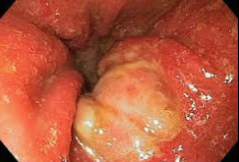Understanding the Side Effects of Brain Tumor Treatmentcreated at May 04, 2009 1,472 1,472 Brain tumor treatments, |
Deciphering the Diagnosis: How Will My Doctor Detect Stomach Cancer?created at May 04, 2009 1,333 1,333 When it comes to identifying stomach cancer, |
